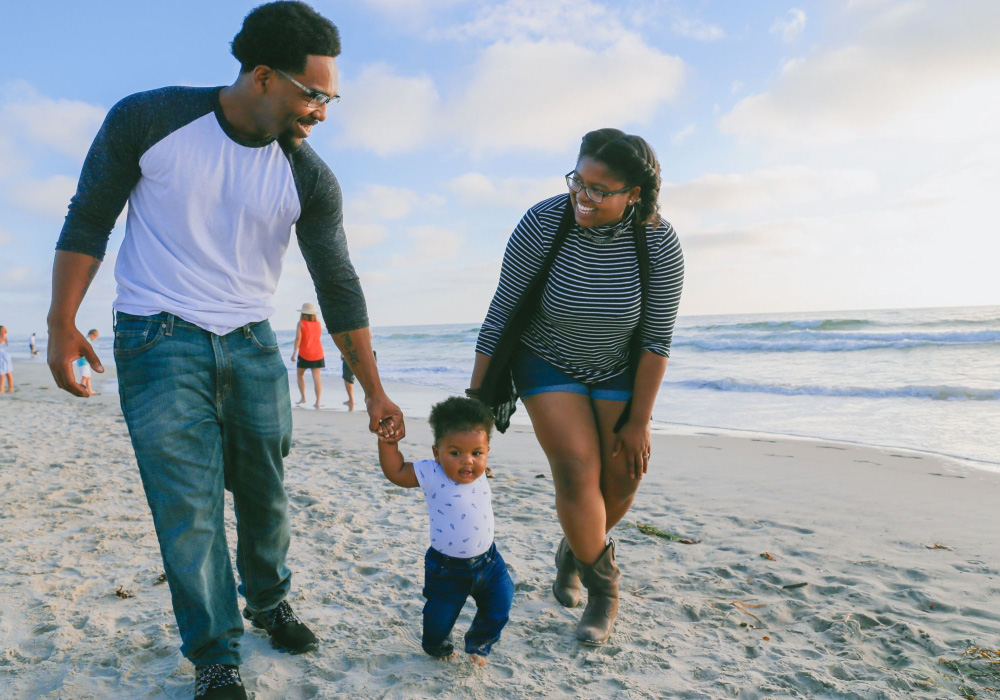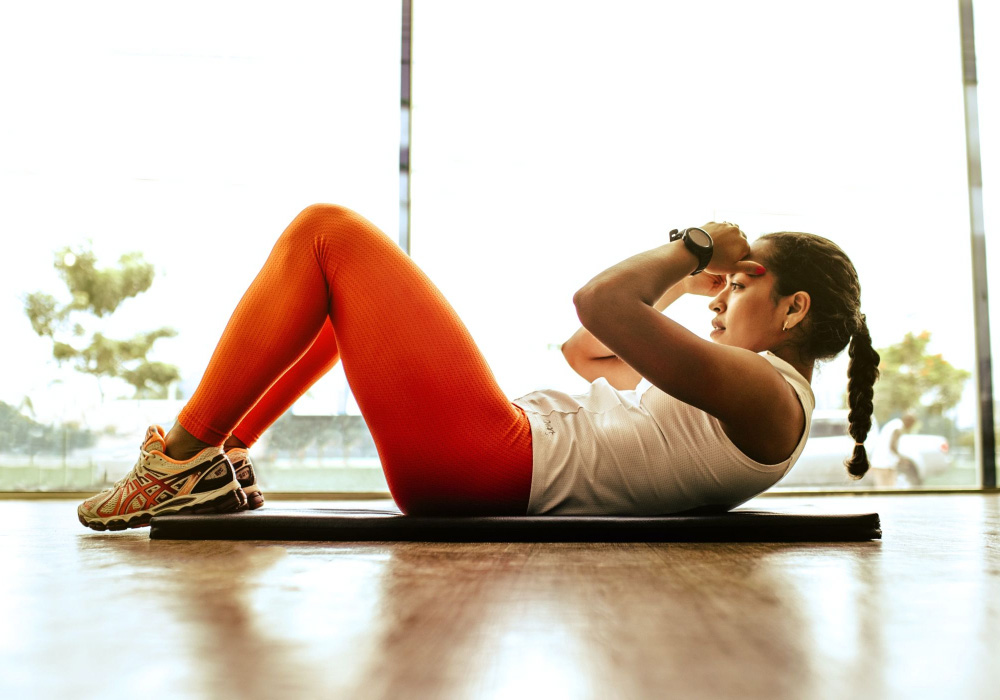New parents often struggle to stay active amid the demands of caring for a newborn. Yet, maintaining movement is essential for energy, mood, and overall well-being. This guide explores practical, flexible ways to integrate fitness into parenthood—from baby-friendly workouts to smart scheduling—so you can thrive in both roles.
Becoming a parent transforms your life in beautiful ways, but it also brings new challenges, especially when it comes to staying active. Between feeding schedules, diaper changes, and sleepless nights, exercise can easily fall by the wayside. Yet, movement is more important than ever during this phase. Regular activity boosts energy, reduces stress, and helps you stay in sync with your growing baby.
The good news? Fitness doesn’t have to mean hour-long gym sessions. With creativity and flexibility, you can weave movement into your daily routine. Whether it’s stroller workouts, quick home exercises, or outdoor adventures with your little one, small efforts add up. Let’s explore how to make fitness sustainable—and even enjoyable—as a new parent.
Prioritizing physical activity
The early weeks of parenthood may feel like a whirlwind. Amidst the beautiful chaos, it’s vital to give yourself grace and permission to prioritize your well-being. Staying active doesn't require hours at the gym; it can be achieved through simple daily activities. Instead, think of movement as a small but essential part of your day that helps you feel more like yourself again.

Start with short, realistic goals:
- A 10-minute yoga flow while the baby naps
- Light stretching before bed
- A walk around the block with your baby in a carrier or stroller
The key is consistency over intensity. Aim for progress, not perfection.
Finding the right activities for your lifestyle
Not all workouts fit seamlessly into parenthood, so choose activities that align with your energy levels and schedule.
Postnatal-friendly options
- Yoga or pilates: Gentle on the body while rebuilding core strength.
- Low-impact cardio: Swimming or cycling are joint-friendly and energizing activities.
- Parent-baby classes: Many studios offer fitness sessions that welcome babies.
Home workouts for busy parents
- Bodyweight exercises: Push-ups, squats, and lunges require no equipment.
- Online fitness videos: Follow along with postnatal trainers during nap time.
- Resistance bands: Compact and versatile for strength training.
Let technology be your workout buddy
In the digital age, support is just a tap away. Apps and online communities can transform your living room into a fitness studio.
Popular fitness tools for new parents include:
- 7 Minute Workout for efficient, equipment-free routines
- FitOn for varied classes from strength to meditation
- Baby2Body for targeted postnatal guidance and wellness
Most apps include goal tracking, reminders, and communities where you can connect with other parents, making it easier to stay accountable and motivated.
Building a routine that works
Establishing structure can make physical activity more sustainable—even if your schedule is unpredictable.
- Block out time daily, even in short spurts, to move intentionally.
- Tag team with your partner to create time for each other’s self-care.
- Plan around nap times for a quiet moment to stretch, breathe, or move.
It’s okay if every day looks different. What matters is prioritizing your well-being.
Self-care is non-negotiable
It’s easy to dismiss physical activity as optional when caring for a newborn. But movement is a form of self-care—one that helps restore energy and combat fatigue.
Think of exercise not as another item on your to-do list, but as something that supports every other part of your life. A brisk walk or stretch session can feel like a reset button, helping you show up more fully in both body and spirit.
Take it outside
Nature offers a calming backdrop for movement. Fresh air, natural light, and open space can soothe your nerves and revitalize your energy.
Some easy ways to embrace the outdoors:
- Daily stroller walks in your neighbourhood
- Picnics that include movement and floor time for baby
- Gentle hikes on nearby trails suitable for baby carriers
Spending time outdoors benefits both you and your child, fostering physical health and emotional well-being.
Try home workouts for convenience
You don’t need fancy gear or a gym to stay fit. Home workouts offer flexibility and minimal prep.

- Use resistance bands, light weights, or even your baby for added challenge
- Follow free YouTube workouts tailored to new parents
- Create a 15-minute go-to routine you can do in the nursery, living room, or backyard
The goal is to keep moving in ways that suit your lifestyle, not someone else’s.
Make movement part of your day
You can sneak in exercise by turning daily tasks into mini workouts. It’s all about working smarter, not harder.
- Walking while baby-wearing keeps you mobile and close to your child
- Sweeping, mopping, and laundry lifting become opportunities to stretch and tone
- Squatting while folding clothes builds leg strength
These activities build endurance and muscle while helping you manage your home.
Set realistic, motivating goals
Clear, achievable goals help maintain momentum by striking a balance between short-term actions and long-term aspirations, thereby staying motivated.
Short-term goals:
- 10-minute walk every morning
- Stretching before bed 3 nights a week
- Join a virtual postnatal class this month
Long-term goals:
- Run a 5K within the year
- Regain core strength and flexibility
- Develop a sustainable weekly fitness routine
Tracking progress—whether with a journal, app, or checklist—helps you stay focused and celebrate wins.
Build your support system
You don’t have to do this alone. Leaning on your partner or joining a community of fellow parents can make all the difference.
- Partner workouts double as bonding time and motivation
- Parent groups offer encouragement, childcare swaps, and shared movement
- Virtual communities can provide camaraderie and accountability
Surround yourself with people who lift you up and remind you that your health matters, too.
Respect rest and recovery
In the postpartum period, rest is as important as activity. Your body is healing, and your energy is limited.
- Listen to your body and adjust your routine based on how you feel
- Schedule rest days just like workout days
- Incorporate gentle movement, such as walking or light stretching, when your energy is low.
A well-rested body is more likely to engage in—and benefit from—physical activity.
Conclusion: Finding your flow as a new parent
Balancing movement and rest during early parenthood is a journey, not a destination. The key is embracing small, consistent actions that support your well-being, without adding pressure or guilt. Whether you're sneaking in a quick stretch, walking with your baby in tow, or enjoying a dance break in the living room, every bit counts.
Staying active isn’t about returning to your pre-baby routine. It’s about discovering new rhythms that align with this transformative phase of life. By prioritizing your health, leaning on support systems, and staying flexible with your goals, you create space not just for fitness but for joy, connection, and confidence. Parenthood is a marathon, not a sprint. Moving your body can help you meet it with strength and grace.


Comments powered by CComment